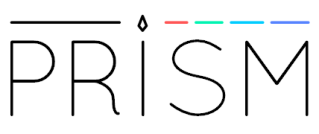[UPDATE: #codespeak is over and was a smashing success. See a post on outcomes, including a kit for hosting similar gatherings, here. This entry is cross-posted from the Re:Thinking blog at CLIR, the Council on Library and Information Resources, where I’m honored to be serving as Distinguished Presidential Fellow. Check out all the great content at CLIR!]
Here’s a consummation devoutly to be wished: digital humanities research and practice becomes its best self, and finds scholars and technology staff engaging as peers in mutually intelligible conversation. It sounds like a modest hope, until you reflect on how far we are from achieving that vision.
Communications gaps are deep and broad, even among humanities-trained software developers and the scholars with whom they collaborate. Much (not all) knowledge advances in software development through hands-on, journeyman learning experiences and the iterative, often-collaborative development of built objects and systems. Much (not all) knowledge advances in humanities scholarship through fixed and fluid kinds of academic discourse: referential, prosy, often agonistic. A real division exists in style and practice, even when the subjects and objects of humanities inquiry are the same. What might bridge a gap like that? And can we move past an historical moment in the academy, in which the onus is almost entirely placed on archivally and theoretically trained humanities scholars to become tech-savvy digital humanists—to build a concomitant sense of momentum, responsibility, and opportunity in our community of DH software engineers? Can we build greater community itself, just by making a space in which such problems are addressed? Continue reading “how we learned to start/stop “speaking in code””

